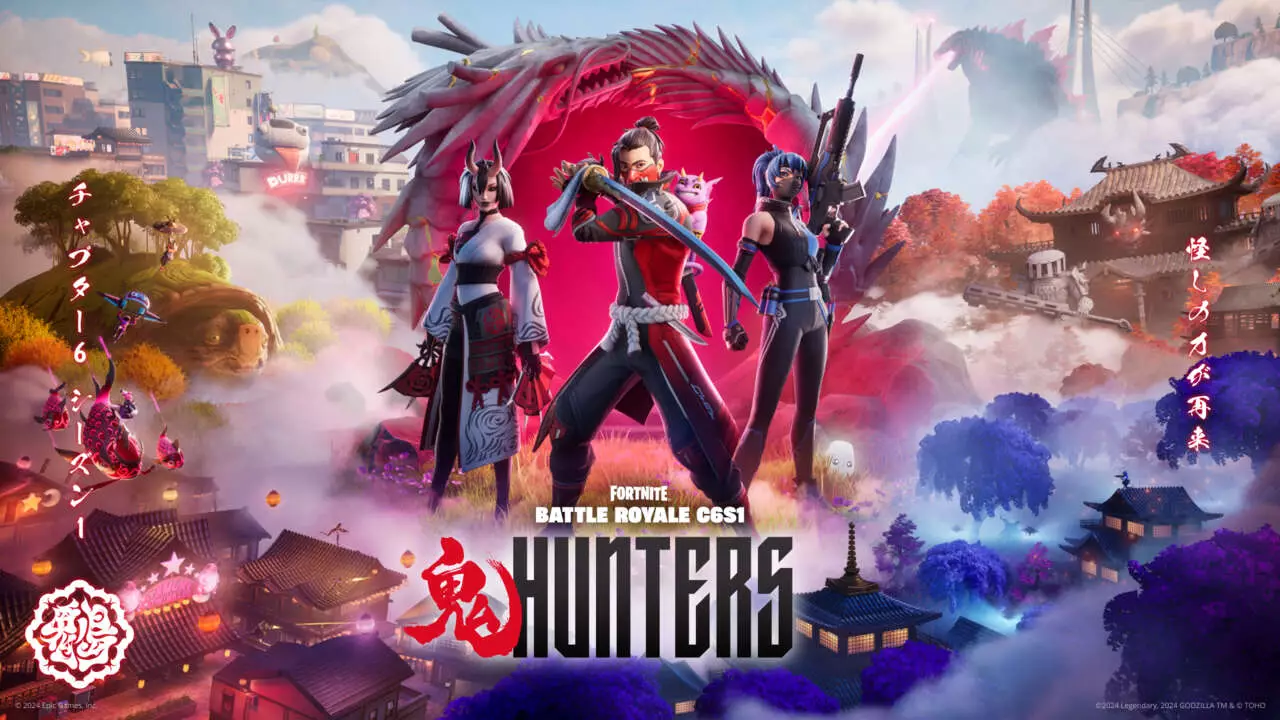The phrase “games like Fortnite” has evolved significantly since the game’s inception in 2017. Initially, this referred to a surge of battle royale titles attempting to mimic the massive success of Epic Games’ phenomenon. However, as Fortnite has transitioned into a multifaceted gaming platform encompassing various genres, its influence has splintered into different interactive experiences. Today, “games like Fortnite” can encompass not only battle royale mechanics but also creative building experiences, racing simulations, and community-driven content creation. The term has become a catch-all for various gaming expressions inspired by Fortnite’s extensive universe.
A crucial aspect of Fortnite’s appeal is its unique blend of gameplay modes, particularly its vibrant Creative mode, which allows users to construct entirely new gaming experiences. This element has encouraged a generation of gamers to engage in sandbox-style creativity rarely seen in other mainstream titles. The existence of myriad user-generated islands demonstrates the game’s remarkable capacity to ignite players’ imaginations. As such, when searching for alternatives to Fortnite, one can no longer solely rely on traditional battle royale games; the landscape has shifted to include experiences that emphasize creativity and community engagement.
Instead of merely hunting for murder-and-loot experiences, gamers can now consider titles that promote collaborative building, social interaction, and varied gameplay mechanics. For instance, games that focus on creative expression or community challenges might appeal more to players who appreciate Fortnite’s non-battle royale facets. This perspective opens up a broader spectrum of recommendations for players seeking alternatives to Fortnite, inviting them to explore diverse gameplay styles.
The dual nature of Fortnite’s player base—those who stick to familiar modes versus those who venture into uncharted territory—is fascinating. Gamers often fall into distinct patterns of behavior: some prefer reliable tried-and-true gameplay, while others thrive on experimentation. Neither approach is inherently right or wrong, exemplifying the richness of player choice in today’s gaming environment. As Fortnite’s universe continues to grow and diversify, the notion of what constitutes a “Fortnite-like” game incorporates an array of experiences ranging from competitive racing to social-building environments, reflecting gamers’ diverse interests.
As we see the fallout from Fortnite’s cultural impact, it’s clear that the gaming world is changing. Games that may once have been relegated to niche categories can now find audiences through the principles set forth by Fortnite. For players searching for new adventures, the gaming spectrum has expanded, providing a wealth of opportunities beyond standard battle royale experiences. The idea of “games like Fortnite” is no longer confined to echoes of shooting and vying for survival; it offers avenues of creativity, competition, and community-building. In the end, players are invited to redefine their gaming preferences in a landscape marked by infinite possibilities.


Leave a Reply